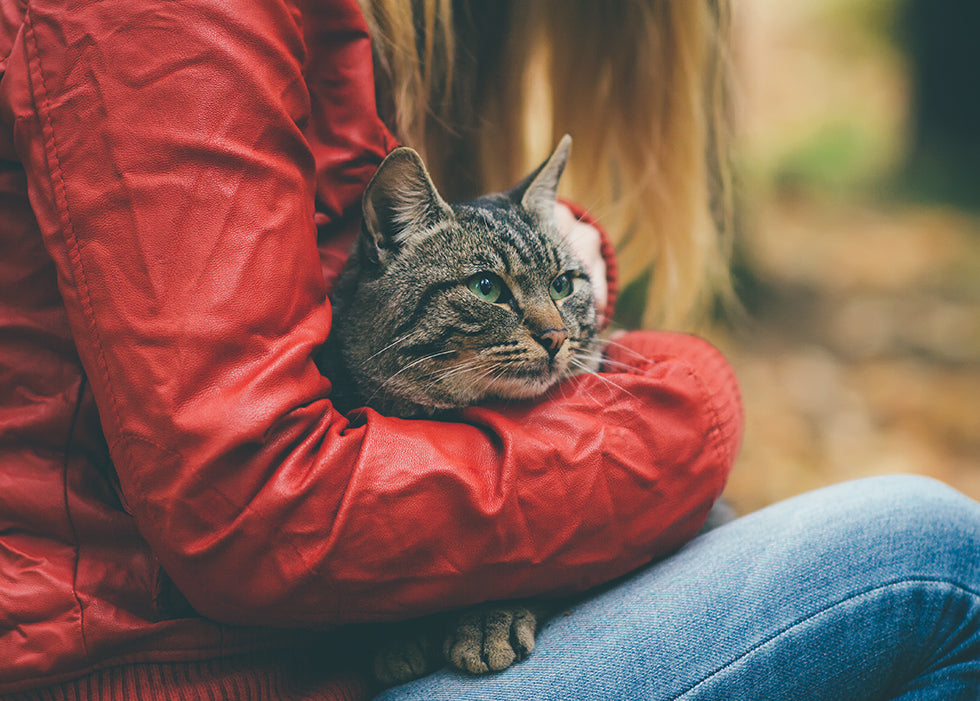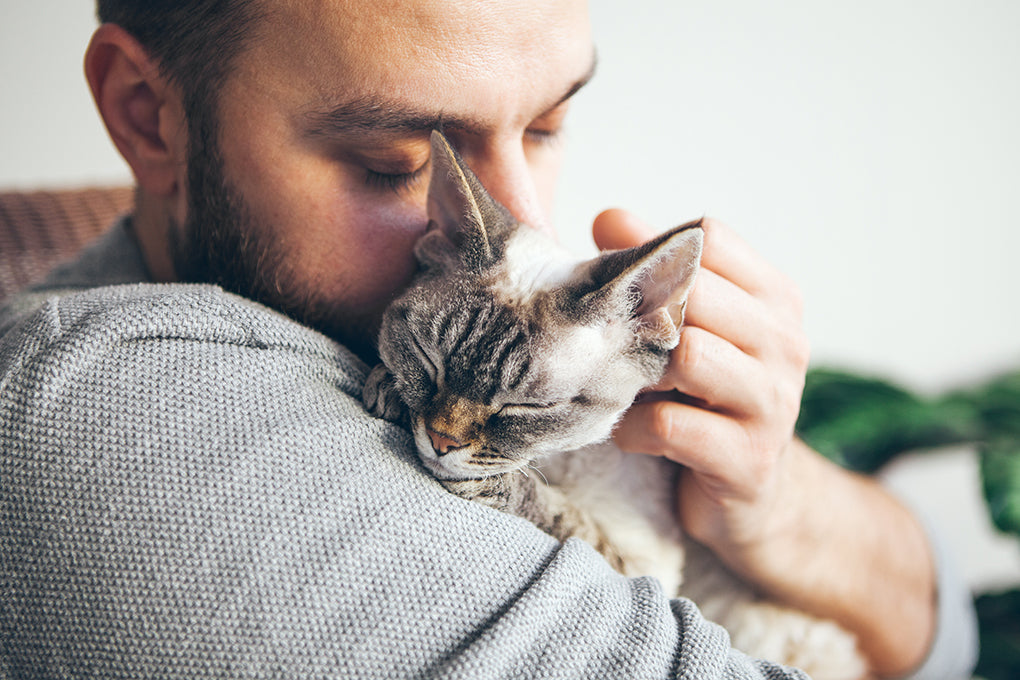
Intestinal Cancer in Cats: Signs and Options
It's heartbreaking to see your pet suffer from an illness, especially if that illness is cancer. If you suspect your cat has intestinal cancer or have recently received such a diagnosis, my heart goes out to you during this trying time!
- Click to learn more: 👉 Support your cat fighting intestinal CANCER with our NATURAL product 🐱
At HomeoAnimo ™ , we care about you and your pet, and we are committed to using our knowledge and extensive experience in the pet health industry to help pet owners, like you, manage their pet's health issues, even cancer.
In this article, we'll address some frequently asked questions about intestinal cancer in cats, such as its causes and symptoms. We'll also discuss available alternatives. I hope you find this article informative, and if you have any further questions, please contact us!
Our complete guide to cancer in cats has all the information you need about cancers affecting dogs.
What is intestinal cancer in cats?
Different cancers can affect a cat's digestive tract or intestines. We've already discussed stomach cancer in cats, but some cancers also affect the small and large intestines (the terms gastrointestinal cancer, bowel cancer, or colon cancer can also be used).
As with any tumor, they can be either benign (non-cancerous and do not spread) or malignant (cancerous and frequently spread to other areas). Unfortunately, in cats, most intestinal tumors are malignant.
In cats, the majority of intestinal tumors are found in the small intestine and are lymphomas. Other types of tumors that can affect the intestine include adenocarcinomas, mast cell tumors, and leiomyosarcomas.
What causes intestinal cancer in cats?
Although we cannot determine a single cause of cancer development, we do know that age, sex, and breed can be risk factors for certain cancers. Typically, intestinal cancer is most commonly diagnosed in cats between 10 and 12 years of age.
It has been observed that male cats develop intestinal cancer more often than female cats. Furthermore, Siamese cats are a breed more likely to be diagnosed with this cancer - they are up to 8 times more likely to develop adenocarcinomas than cats of other breeds.
Symptoms of intestinal cancer in cats
So, how do you know if your cat has intestinal cancer? Some of the signs of intestinal cancer in cats to look out for are:
- Vomiting (may contain blood)
- Decreased appetite and weight loss
- Diarrhea (may contain blood)
- Difficulty defecating
Of course, if your cat is showing these symptoms, it doesn't always mean intestinal cancer! Your cat could be affected by other conditions, such as parasites or a poor diet. But if you notice any of these symptoms, or any other unusual symptoms, be sure to get them checked out!

Intestinal cancer in felines: life expectancy
The life expectancy of a cat diagnosed with intestinal cancer can range from a few weeks to 2 years , depending on its location, the type and size of the tumor, and whether it has already spread. If the tumor has already metastasized (spread), the average survival time is usually a few months, after surgical treatment. The biggest concerns are the spread of the cancer to other areas, or its recurrence after treatment.
Intestinal cancer in cats: solution
Naturally, you want the best for your feline friend! If your cat has been diagnosed with gastrointestinal cancer (also known as intestinal cancer or colon cancer), your veterinarian may recommend surgery, chemotherapy, or both, depending on your pet's specific circumstances.
Many pet owners are looking for natural options to use alongside conventional treatment.
When dealing with cancer, the goal is to strengthen your dog's immune system to fight the disease and to combat and prevent recurrences! Our PIPTOANIMO , is the Piptoporus Betulini mushroom. Medicinal mushrooms are specially designed to keep the body healthy in cases of cancer and tumors. It is safe and can be used alone or in addition to conventional treatments - even for long-term use!
We are always available to answer your questions, advise you, and listen to your needs! Feel free to contact us by phone, email, or instant message.
Please consider sharing this article on social media so your friends and family can connect with us too - we'd appreciate it!
























2 comments
Merci pour votre commentaire. Je suis désolée d’apprendre la situation de votre chatte. Nous sommes plus qu’heureux de vous offrir notre aide. Je viens de vous envoyer un courriel en réponse à votre message. Merci !
Homéoanimo
Franchement le vétérinaire m’a dit que mon chat avait un cancer de l’intestin, mais comme elle a 13 ans, il m’a donne toi de la cortisone. Elle vomit souvent à la diarrhée et elle est fatiguée mais je l’adore et j’aimerais un peu la soulager car elle me dit qu’elle n’a plus que quelques semaines ou quelques mois. Avez-vous des conseils ?
Combe
Leave a comment
This site is protected by hCaptcha and the hCaptcha Privacy Policy and Terms of Service apply.